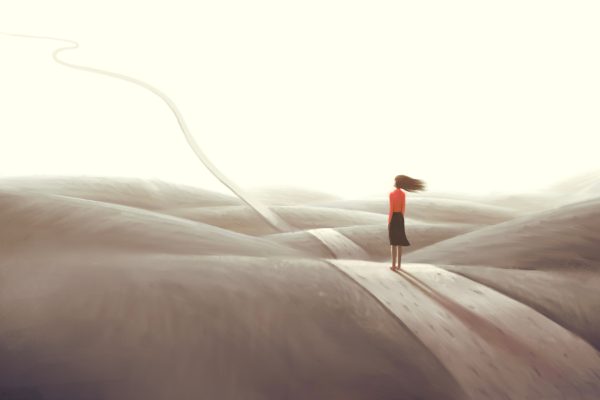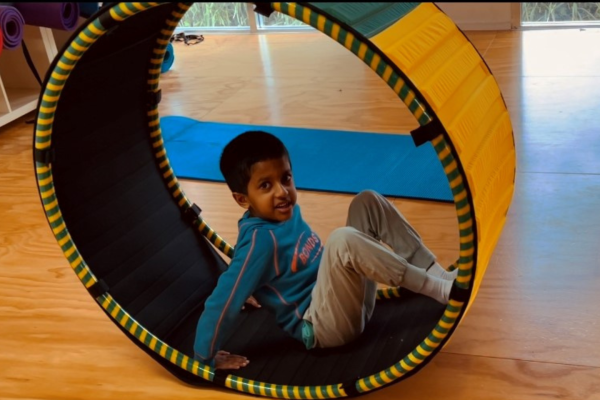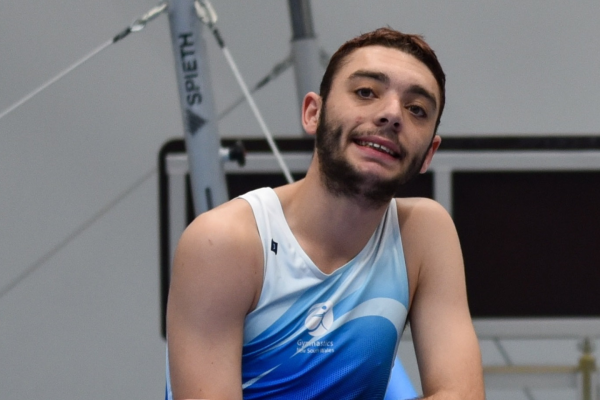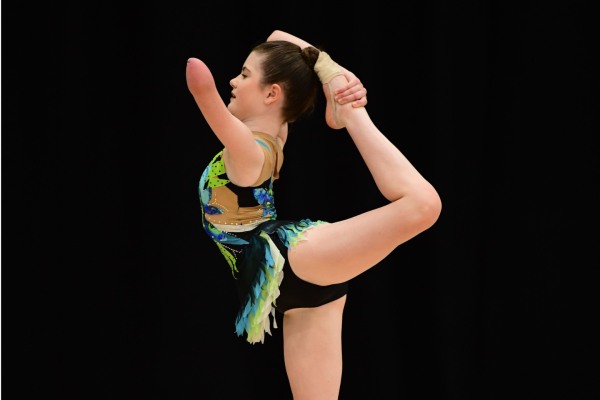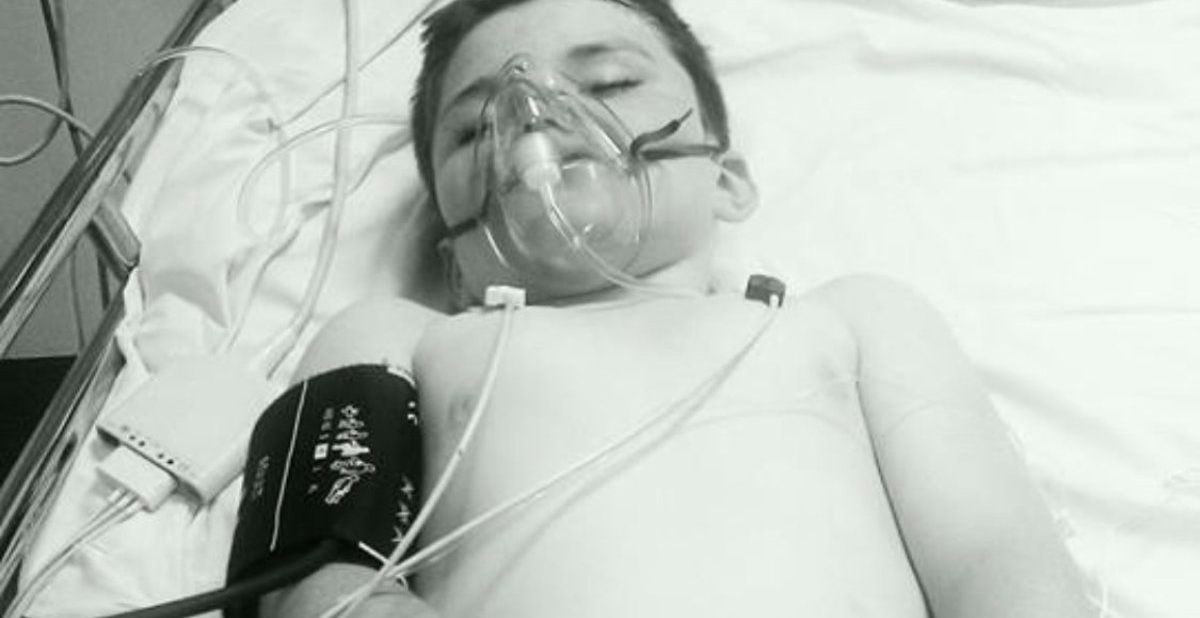
Social hibernation for the vulnerable – our COVID-19 journey
By Fiona Lawton
Welcome to ‘social hibernation’!
Around our great country, the transition to social distancing and tougher restrictions for social isolation measures may result in broad ‘social hibernation’, where we don’t come out for a good while.
For many people this will be a new experience that is, at a minimum, disruptive, and at the extreme, may require an entire lifestyle transformation. Our discretionary social outings have ground to a halt. For the time being, there are no more lazy Sunday sessions at the local craft brew house? No more impromptu nights out at the cinema or theatre? No long dinners or house parties with friends where you while away worldly cares, heralding the end to another busy week at work.
We are being asked to think carefully before going out in public, and only doing so when it is absolutely essential, and for the shortest time possible. The self-care, pamper sessions at the salon are currently a thing of the past. We are going to need to adapt and evolve and find new ways of doing things that we took for granted before.
If we are lucky enough to be working from home and have school-aged children, we have also been plunged into the world of professional juggling, balancing work with being the new Principal/Teacher/Childcare worker in our make-shift school or early education facility.
So, how’s it going? Having fun yet?
What about that sudden loss of social contact or connection? What about your sense of purpose or meaning in life? And where are all the definitive answers to what this will mean for you, your family, your job and your future?
It’s hard, isn’t it. We know. We’ve been there. There is a group in our society for whom this social hibernation, economic uncertainty, and fear of life-threatening illness has always, and will continue to be our reality – pandemic or not.
Who are we? We are the people living with rare diseases and intellectual disability, their families and carers. And we’ve been living like this for years.
The concept of staying home with our loved ones, navigating a complex, challenging medical condition that is poorly understood, is ‘par for the course’ for many who are living with a rare disease and intellectual disability. And yes, it can be very lonely.
We have experienced first-hand how some people in your life disappear almost immediately on receipt of the news that you have a loved one with complex disabilities, while others will become absent over time. For some it is like they are afraid of ‘catching’ something – if not the genetic condition or disability (quite ridiculous!) then possibly your grief. They are the ones who go first.
They are followed by the friends and family who try for a while but just don’t understand why it is so hard for you to meet up for a drink, head out for a dinner or drop around their place for a casual family BBQ. So they just stop asking, and eventually stop checking in on you.
This was already our reality; we were already at home, looking after our own business and caring for our loved ones, when the virus first surfaced in Australia.
Then we watched many of you make a mad rush to the supermarket in the early stages, panicked by an illness you couldn’t see, and a future that was uncertain. You bought up anything you thought you could use if the intolerable happened, and you were stuck at home, or became sick.
At first we laughed. We were already set up for online shopping – a necessity for many families for whom simply heading to the supermarket is a challenge that requires days of planning. But then you swamped the supermarket online shopping portals, and many of us were locked out of access to this important means of shopping. We were lucky that some of us were able to apply for Special Access accounts to get our groceries flowing again. But not everyone qualified. Leaving them stranded.
And because of your bulk buying, the supermarkets reached out to help us, but asked us to get up early and line up at 7am. We appreciated the gesture but I wonder if you thought for a second that we might not have anyone at home to care for our person with a rare disease at that time to even make this possible?
And you probably didn’t realise that it can sometimes take 1-2 hours to help a person with intellectual disabilities get ready to head of the house to go shopping, if they can cope with that experience at all. It would have been better if you’d only bought what you needed at the time, and left enough for the rest of us.
Instead, we have been left to find support to give us the shortest break to get to the supermarket to get the bare essentials to keep our households going.
The government has gradually put in restrictions on public and social gatherings. To be honest, we weren’t phased as we weren’t going out anyway. Many of our loved ones just can’t cope with the noise, sights and smells of different places, and all of the different people! They deal with intense anxiety and can have regular meltdowns.
But if we did want to go out anywhere, we were told that to make the health strategy work, our loves ones needed to comply with social distancing and hand hygiene measures, including not hugging anyone or putting their hands to their face.
You probably weren’t aware but at this point things started to get a bit scary for us because, while many of you were still enjoying the crowded beach, or farmers markets, we wondered how on earth we could even keep our loved one safe in child care, school or adult day program, when they couldn’t follow these new rules?
People with rare disease and intellectual disability struggle to understand about the coronavirus and the risks, and with their complex medical conditions, are likely to be some of the most vulnerable if exposed.
While the ‘schools debate’ raged on, you probably didn’t notice that no one mentioned people with a disability. No one at any level of government was talking about special schools, disability child care centres, or residential or day programs for people with an intellectual disability. All who would find these health measures impossible to implement.
We started to get nervous.
As a rare disease disability community, we were feeling forgotten and vulnerable and left to make our own risk assessments. Social distancing wasn’t going to work for our families. Social hibernation was the preferred solution to protect our loved one. Before any government announcements were made, you probably hadn’t noticed that many of us had already taken action and decided to keep our loved ones at home, if we could afford to. Those who couldn’t were becoming increasingly anxious.
Ah, but then the schools around the country were able to finish early and have started moving to online learning. We recognise that for all the families around the nation who are home-schooling for the first time, this has been a shock! Our pride and gratitude for teachers has hit a new high. The teachers have worked hard to ensure that students have videos to watch, modules to complete, online chat rooms to discuss subjects, and a range of self-directed programs to help the learner.
What about for us? Many young people with intellectual disability can’t navigate technology without some assistance. Some need expensive and advanced technology, integrated with specialised software, to even access computers. Many also need a learning partner to assist with all aspects of tasks. You probably didn’t realise that most families don’t have any of this technology, equipment or software in their own home.
Without the technology, in home specialised support, and detailed instructions on how to scaffold a learner with disabilities, many of us find ourselves out of our depth, anxious and hopeless. And we are quickly coming to the realisation that our loved ones will not have access to any quality learning during this pandemic.
While this has been playing out in the education sector, we knew that, just like the flu season, we need to be ready for this virus. If our loved ones get this virus, they may get very sick. Their underlying complex medical conditions mean it could trigger life threatening seizures and pneumonia, resulting in yet another traumatic stint in hospital that we know only too well.
So we started developing our Infection Control and Medical Management Plans.
Now, we recognise that this virus scares many, and you may have started using gloves and wipes to sanitise your home regularly, to prevent spread of infection. But did you need to buy all the stock, in store and online, just in case?
You probably didn’t know that the gloves, wipes, hand sanitiser and disinfectant are part of our daily essential home equipment. They are required PPE for our support workers and carers. Without them, our loved ones are exposed to bacteria and viruses that live in the home, and they can’t be protected. They can’t apply the hygiene rules, can’t socially distance, and may not understand about the virus and its potentially lethal implications for them.
We are now no longer able to provide the quality level of care they need, or protect them in a safe and hygienic home environment. Oh, and our support workers can’t do their job. Without the appropriate supplies and PPE they are not allowed to come to our home.
You probably didn’t realise that through your choices, many of us are now all alone in this battle, without any of the armour that normally keeps our loved ones safe, or the support workers and carers that help us on a daily basis.
If you have extra stock, please donate it to a disability service or family in your neighbourhood. It will make a huge difference. But not toilet paper! You may not have known but we did – toilet paper can’t kill a virus.
You probably didn’t know, but the ‘free childcare’ that is going to be provided by the government, may not extend to the disability child care providers, because it is calculated on a funding model for typical child care. Our ratio for quality care can be one worker to one child, compared to the 15:1 ratio in traditional centres. If we need childcare or vacation care, so that people can continue to work or study, where do you suggest we go?
You may not have realised that, while many of you in social hibernations are challenging yourselves to take up a new hobby, do some online training, or finally sort out the linen cupboard or shed, we are anxious, nervous, and becoming scared of what this virus may bring. We are worried about whether you are doing the right thing, staying at home, to keep our families safe? We are losing sleep as we try to plan to stay ahead of this situation and to protect our loved ones.
How will our loved ones, who may be non-verbal and unable to indicated that they have a sore throat or aches and pains, tell us they are sick in time for us to get them help? And when we do, will they automatically qualify for COVID-19 testing?
If we go into full lock down, will disability support workers be listed as ‘essential workers’? What if our loved one lives in a group home? Are we able to visit them or will they be left feeling anxious and forgotten?
If they require hospitalisation, will a family member be allowed to stay with them? Or will they be forced to lie in a hospital bed, terrified with no understanding what is happening, and without support for their disability as the stretched health care workers help manage the virus and their other complex medical issues?
Will the ethical standards that are being prepared to consider who should be treated for COVID-19 continue to uphold the Human Rights of people with a disability?
You probably didn’t know that these are the tough questions that the vulnerable people across Australia living with rare disease and disability are raising right now. We need to, because lives depend on the answers.
We are in the thick of this pandemic, and it is likely that things will worsen before they get better. I know the planet is breathing easier, but we are holding our breath. Waiting. Praying. Hoping we all did everything we could to protect people living with rare diseases and disability.
Only time will tell.
We know this pandemic health crisis will pass, and hopefully we will all come through relatively healthy and unscathed.
Our nation will come out the other side, and you will be able to return to your socially active, freewheeling lives, when hand sanitiser and toilet paper are aplenty, and cafes, restaurants, gyms, theatres and hair salons are bustling.
And when that time comes, when you are freed from restrictions and constraints, will you remember us?
Is it too much to hope that the world will have newfound empathy and consideration for the most vulnerable in our society?
When this is all over, will you think about us and maybe drop by to say hello?
Because we could always use a hand, and would love some company.
Because we will still be here – living in our social hibernation bubbles.




